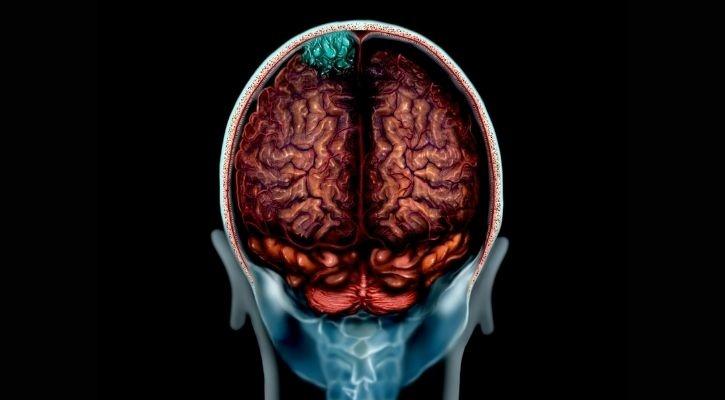
Science
After we die, our brain cells become more active and even develop, according to a new study.

Researchers also found that some brain cells in the human body become more active hours after death, causing some cells to spread for hours.
Our cells have already shown that they can remain alive and even act normally before they eventually shut down. Despite sharing the same genetic information, each cell expresses it in its own unique way. Researchers noticed some unexpected abnormalities in the gene expression of dying brain cells when they looked at the gene expression of dying brain cells.
Researchers examined brain tissue donated by patients who had recently undergone brain surgery for epilepsy in the study (published in Scientific Reports). In case you didn't know, these operations involve surgically removing parts of the brain that are connected to seizures.
Brain cells after death
The samples were then exposed to the elements for various periods of time at room temperature, up to 24 hours, in order to simulate death. The team gathered data on the behavior in these cells during this period.
They discovered that a large number of genes involved in basic cellular function remained at the same level of activity for the entire 24 hours. On the other hand, after 12 hours, the activity of neuronal genes, which are activated in neuron cells and are required for brain functions such as memory and thought, gradually decreased.
However, the third group of genes, called glial cells, which are responsible for the brain's immune and support systems, saw a steady increase in gene expression, with the cells actually increasing in size as neurons and other cells faded out.

Researchers believe this is mainly happening because they notice the brain isn't getting enough oxygen and that's their default response. They do say, however, that this reveals how many brain researchers searching for similarities to Alzheimer's and other forms of dementia may have overlooked some markers because they assumed brain cells wouldn't last that long.
Most studies suggest that everything in the brain ceases when the heart stops beating, but this is not the case, Jeffrey Loeb, head of neurology and recovery at the University of Illinois at Chicago College of Medicine, said in a statement. Our results can be used to interpret human brain tissue studies. We haven't been able to quantify these changes until now.
The good news from our findings is that we now know which genes and cell types are stable, which degrade, and which increase over time, helping us to better understand the effects of postmortem brain studies, he said.
